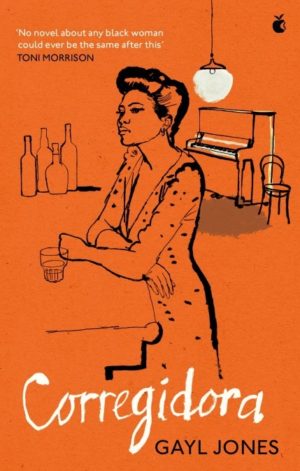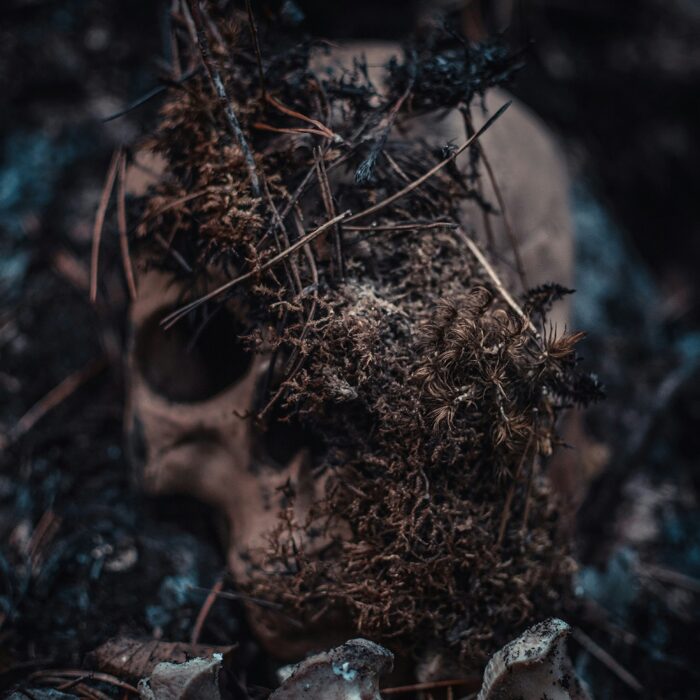You have no items in your cart. Want to get some nice things?
Go shoppingA classic of Black literature, Corregidora was originally published in 1975 and reissued in 2019. It follows the story of Ursa Corregidora, a Kentucky blues singer. The novel opens with Ursa recounting a violent attack at the hands of her husband, Mutt, which leaves her with life-changing injuries. After a shift singing at Happy’s Café Mutt, who is drunk both on alcohol and jealousy, pushes his wife down some stairs as she is leaving the club. She is seriously injured and loses both the baby she is carrying and her womb.
This loss is pivotal to the rest of the novel because, for her entire life, Ursa has been charged with making future generations in order to keep alive the stories of rape, prostitution and brutalization that her great grandmother and her grandmother suffered at the hands of Portuguese slave owner, Corregidora. As well as having Corrgeidora’s patronymic, Ursa also has his blood because he fathered both her grandmother and her mother, and she in turn is driven by the inherited, inescapable hatred of the man who abused her relatives.
Ursa has heard these stories from a very young age, told over and over in stark detail by the older women, and they have been drilled into her until they become her own story too. It is vital for these women to bear witness to the past as there are no paper records left; when slavery was abolished all the paper records were destroyed so there was no evidence of what had happened. But the women have refused to let their experiences be taken from them, telling and retelling them, making each generation of Corregidora women pass it onto the next so that they are never forgotten.
But now, unable to have a child and make that crucial next generation, Ursa has to find a new way of passing them on. Music is her world so she uses her voice as her weapon and sings the blues, writing her inherited history, as well as her lived experiences, into her songs.
Although Ursa and her mother never encountered Corregidora in person, they have still been traumatised by his actions. They have also been objectified and violated by the men in their own lives. Ursa doesn’t know much about her father until later, when she visits her mother to find out what has always been left unsaid between them. What she hears is another story of coercion, ownership and violence, culminating in a beating that leaves her mother bruised and bloodied in the street. Ursa fares no better at the hands of her husbands. As the novel goes on, we learn that prior to Mutt’s vicious assault on her he has mentally abused her for months, trying to force her to stop singing at the café because he is jealous of the way other men look at her, and withholding sex from her as a powerplay. Her second husband also tries to stamp his ownership on her, eventually cheating on her with a fifteen-year-old girl.
Psychologically scarred by the stories she is forced to carry Ursa struggles with her own sexuality, and another rich seam running through the book is her journey to come to terms with her sexual identity and find fulfilment. She is detached from the men she sleeps with, which only adds to their frustration and the futile, dangerous need for them to try to fully possess her, and there are hints of an unspoken desire towards some of the women in her life.
Structurally the novel skips backwards and forwards in time, mixing up Ursa’s recollections with those of her mother, grandmother and great grandmother. Written as an interior monologue, with stream of consciousness recollections of the stories she was told, the language is visceral and raw, unflinching in its descriptions of sex and violence. Corregidora isn’t always an easy read, but it’s an important one.
Corregidora is published in the UK by Virago.

About Jane Wright
Jane Wright is a web editor, writer and photographer. Her short fiction has been published by Litro, Sirens Call Publications, Crooked Cat, Mother's Milk Books and Popshot Magazine. She lives and works in Manchester.





